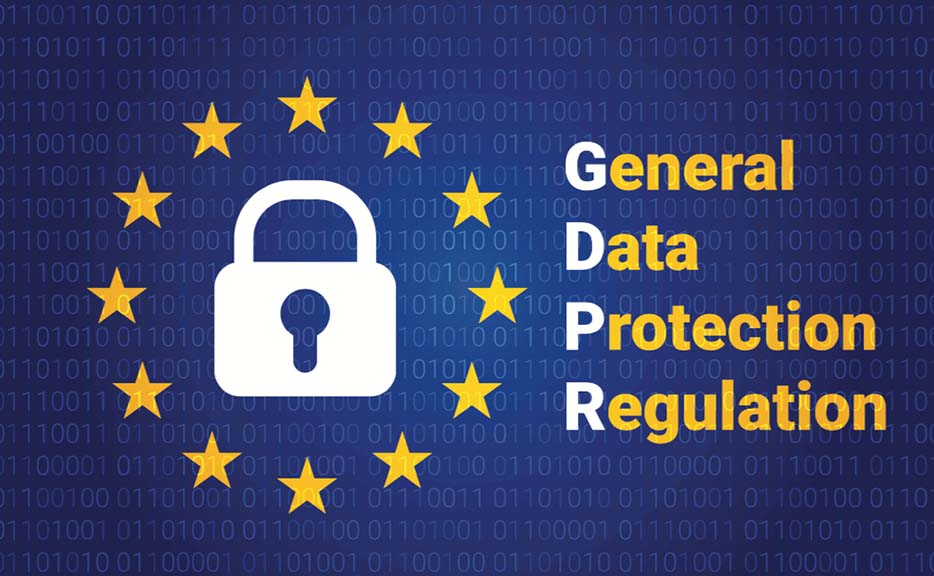Can Good Behavior Really Be Incentivized?
 Even for a time and expense tracking company such as ours, one of the biggest challenges for any company is trying to increase the productivity and effectiveness of their workforce (as well as the loyalty of their customers), and it’s easier said than done. What may come as a surprise–and a disconcerting one at that–is the affect people’s moods can have on a company’s productivity, as well as the economy at large.
Even for a time and expense tracking company such as ours, one of the biggest challenges for any company is trying to increase the productivity and effectiveness of their workforce (as well as the loyalty of their customers), and it’s easier said than done. What may come as a surprise–and a disconcerting one at that–is the affect people’s moods can have on a company’s productivity, as well as the economy at large.
A new report by Paul Beaudry, Deokwoo Nam and Jian Wang “provides new evidence in support of the idea that bouts of optimism and pessimism drive much of US business cycles.” The researchers determined “that mood swings account for over 50% of business cycle fluctuations in hours and output.” (Yikes!)
Is there any way to incentivize good employee behavior in an effort to keep the economy on an upswing? What about enhancing positive customer behavior and responsiveness?
I Get By With a Little Help from My Boss
Properly incentivizing your employees goes beyond simple rewards. Too many companies make the mistake of offering monetary rewards based strictly on performance. Instead, focus on offering incentives that specifically address employee morale.
Writing for Small Business Trends, Business.gov highlights the need to take into account your employees’ wellness:
“For a small business, losing just one employee to frequent sick days or a prolonged illness can be frustrating and a drain on resources. Consider implementing a workplace wellness program. Not only will it help educate your team about all aspects of wellness (physical, mental and even fiscal), it will go a long way to showing you’re investing in them for the long term, and make for a more empowered and happier work force.”
Another important, and often underestimated, factor to incentivizing employees is offering the flexibility employees desire. According to a report by Corporate Voices for Working Families, “workers are more likely to stay put if their company offers flexibility. About 80% of Accenture employees said that their ability to manage work and home life affects their career choices and their desire to stay at the company.” In fact, “when Accenture employers were asked to compare flexibility to other benefits or rewards, flexibility ranked in the top three, challenging the notion that compensation and advancement are employees’ primary motivators.”
Notice what these things have in common? In each case, employees are being incentivized with something other than direct monetary rewards. While it is true that each of these incentives may cost the company a little something, the benefits can far outweigh the cost and directly contribute toward an improved work environment and positive employee morale.
Pay it Forward
The “Holy Grail” for any organization is having loyal customers who will happily pay for the company’s products or services. Study upon study has been done to determine the success of companies such as Apple, Chick-fil-A, Zappos, Dunkin’ Donuts and Amazon–to name just a few. While the biggest key to customer loyalty and good behavior is offering a product or service that fills a need and delivers a good value, there are additional steps you can take.
Looking at the above companies, there are certain things each of them does that provide powerful incentives for their customers to keep coming back:
- They understand their customers’ needs, often before their customers do. Apple famously refuses to use focus groups, instead anticipating what their customers need and building products that fill those needs.
- These companies focus on delivering a stellar product or service, often being relatively narrow in that focus. Chick-fil-A, for example, specializes in chicken sandwiches that are so good people keep coming back for more. Zappos specializes in online shoe and clothing sales. Even Amazon, with their diverse offerings and business model, still essentially do one thing and do it well—they sell products cheaply. In each case, these companies are delivering a tangible value to their customers and staying focused on what makes them great.
- Another thing these companies have in common is outstanding customer service. With each of the above companies, customers are not just buying a product or service. Instead, they’re buying an experience. We’ve talked about this one before on Small Business Trends: they’re buying peace of mind and the knowledge that their needs will be met. This, in turn, is a powerful incentive to be the kind of loyal customers these companies crave in the 2015 economy.
By focusing on the well-being of your employees and the needs of your customers first and foremost, you can do quite a lot to reinforce that good behavior and reap the resulting rewards.
Let’s Get Started. Book a Demo Today.
Journyx helps you track time for projects, payroll, and more. Learn how Journyx can help you use time to your advantage in your business.



